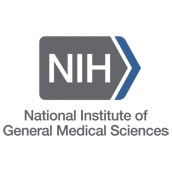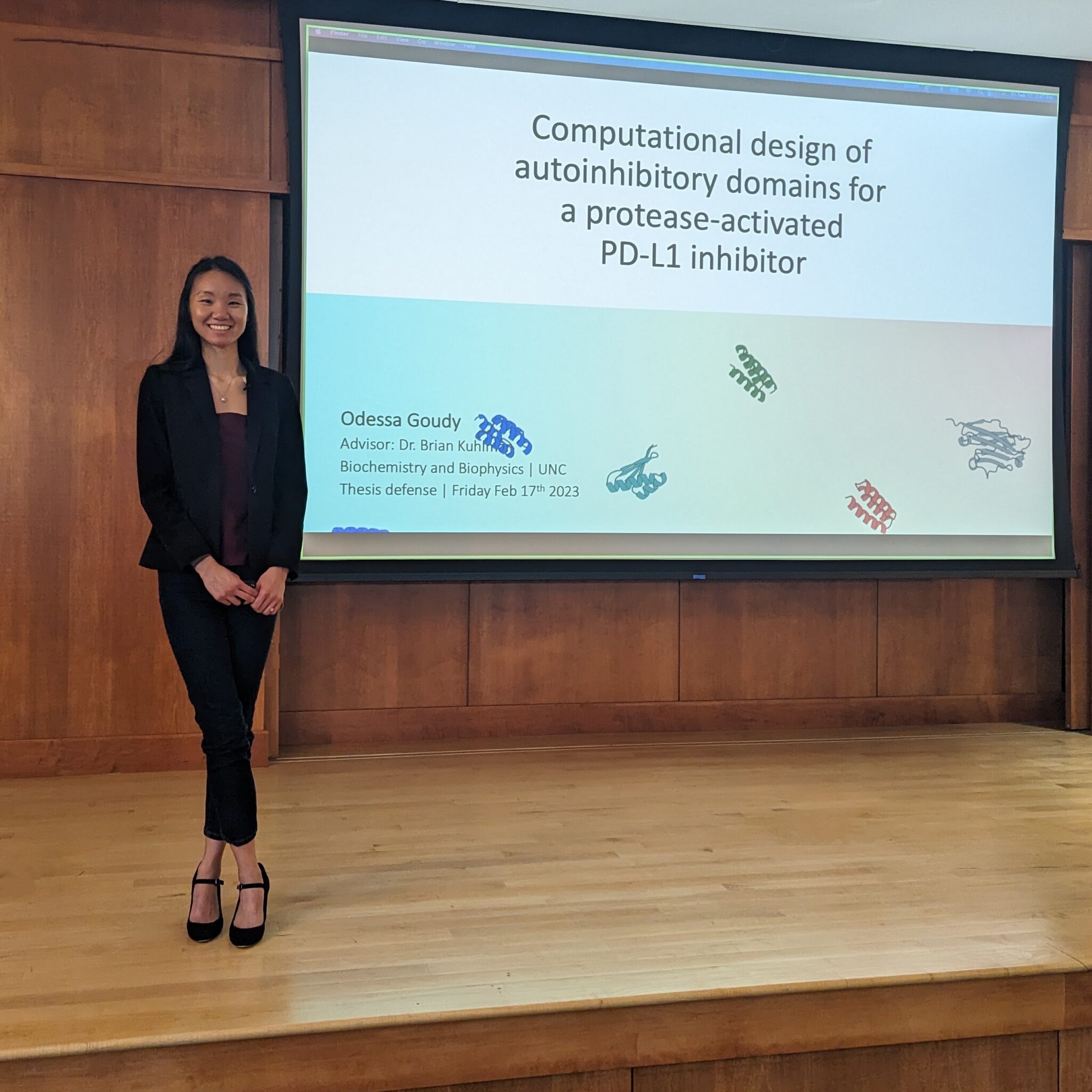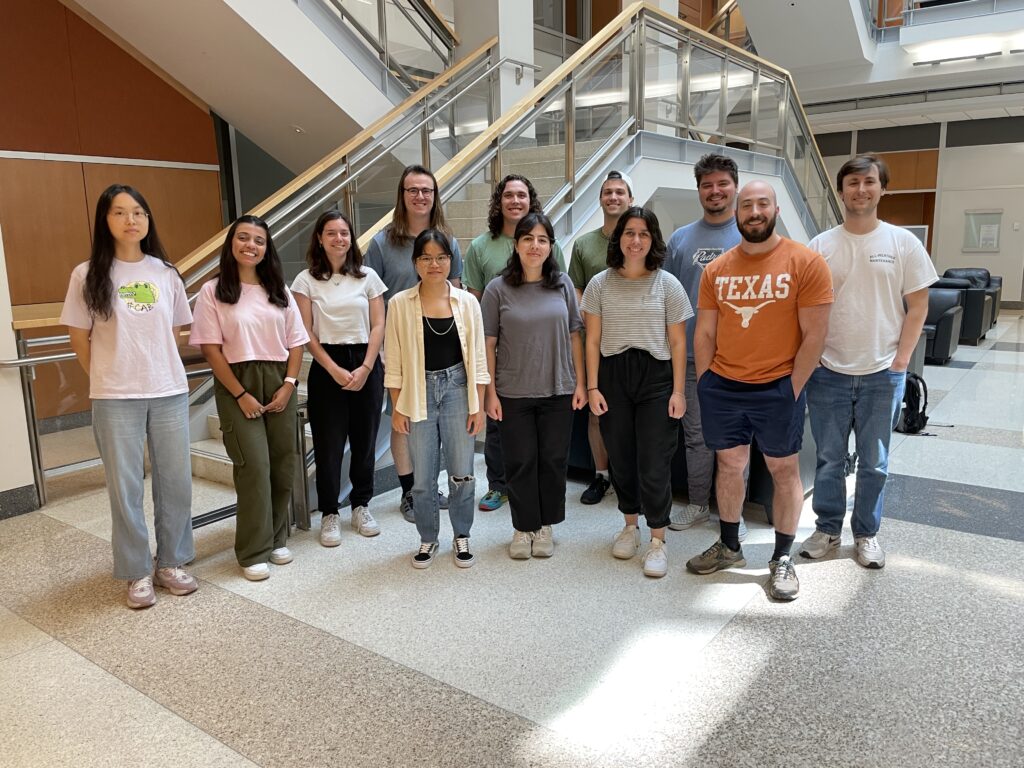Home
Welcome
The University of North Carolina at Chapel Hill has a vigorous interdisciplinary training program in biophysics (Molecular & Cellular Biophysics Program, MCBP) that we hope you will explore if you are interested in mechanistic and structural biology. The MCBP is distinguished by the size of its excellent and active faculty, by the rigor and diversity of its course work, and by its remarkably close and supportive community. We provide a rigorous educational and training experience that prepares our Trainees for top careers in modern quantitative and physical biology. We also host the Carolina Biophysics Symposium to foster collaborative efforts within the biophysics community. We invite you on behalf of our students and faculty to browse our website to learn more about us.
MCBP Entering Class of 2023
Funding Support

NIGMS: 5T32GM008570
Featured News

Molecular and Cellular Biophysics Program Enjoys a Day of Fun at Page Farms Fall Social
This past Sunday, the students of the Molecular and Cellular Biophysics PhD program embarked on a memorable adventure at Page Farms, a cherished fourth-generation family farm. The fall social event, organized by our dedicated student
Read More... about Molecular and Cellular Biophysics Program Enjoys a Day of Fun at Page Farms Fall Social
Gary Pielak named 2024 Fellow of the Biophysical Society
The Society’s Fellows Committee has named Dr. Gary Pielak a 2024 Fellow of the Biophysical Society for his scholarly and extensive biophysical studies on protein structure and dynamics, both in vitro and inside cells, with a particular emphasis
Read More... about Gary Pielak named 2024 Fellow of the Biophysical Society
Gage O. Leighton received his PhD!
Gage O. Leighton successfully defended his PhD dissertation titled Probing the Importance of MBD2 in the Localization and Formation of the NuRD Complex on April 6th 2023. His thesis work was completed under the direction
Read More... about Gage O. Leighton received his PhD!
Congratulations to our new PhD, Dr. Odessa Goudy!
Dr. Odessa Goudy successfully defended her thesis, titled “Computational design of autoinhibitory domains for a protease-activated PD-L1 inhibitor” on Friday, February 17th. As a graduate student, Odessa was an active member of Brian Kuhlman’s lab
Read More... about Congratulations to our new PhD, Dr. Odessa Goudy!
